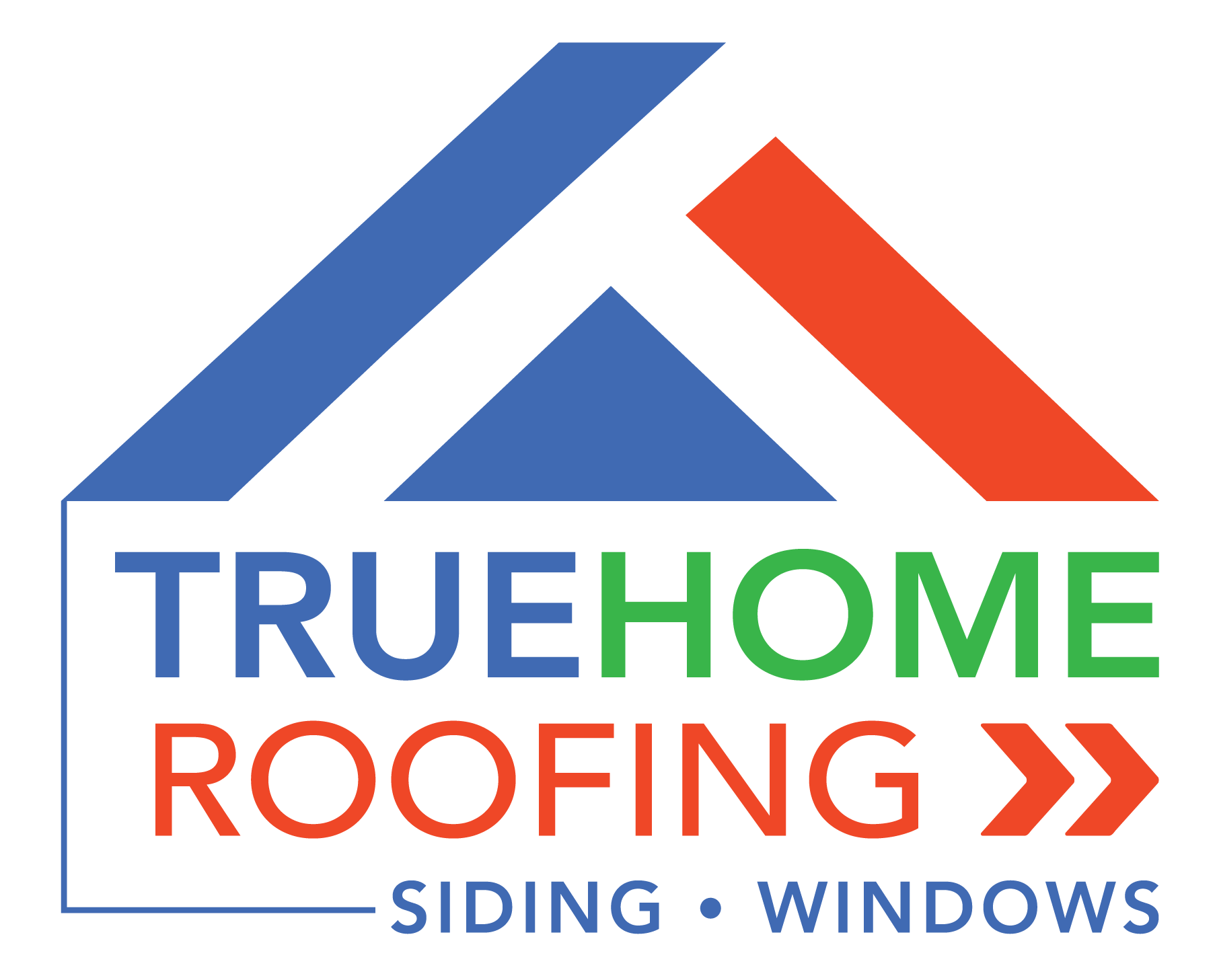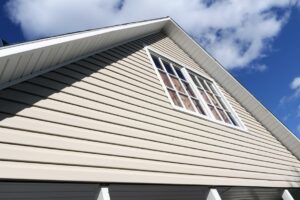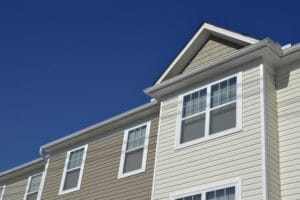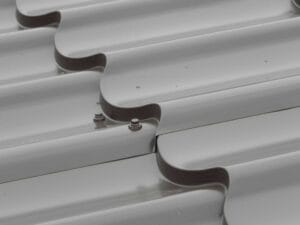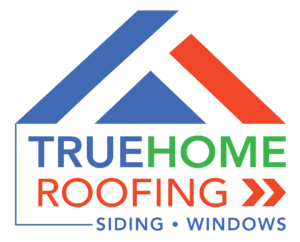Improper ventilation on the roof can result in a number of problems. One of the main issues is a short roof lifespan. The heat and the excess moisture cause the decking to rot and the metallic parts to rust. Here are the dangers of improper ventilation.
Water Damage
Condensation forms when the temperature inside your home and that outside is different. This condensation gradually builds and rots away the wood on the roof. The condensation can also cause mold and mildew growth, which affects the indoor air quality. Mold and mildew can damage furniture and other belongings and can also cause respiratory health conditions for the inhabitants.
Formation of Ice Dams
In the winter season, ice dams can form on the roof if there is poor insulation and ventilation. Water from the ice dams can back up on the shingles, causing damage to the shingles, insulation, drywall, paint, and any belongings that might be near the shingles. In extreme cases, the ice dams can cause structural damage to the roof.
Thermal Shock
Thermal shock occurs during the summer months when the shingles are exposed to excessive heat. The shingles expand and contract as the temperature changes, causing them to crack and break. This exposes your home to elements and also reduces the lifespan of your roof.
Rust
Your roof has several metal components, such as fasteners. When moisture builds up on an improperly ventilated roof, the metal components are at risk of rusting. Rust makes your roof unappealing, and it also weakens the roof materials, causing them to break down.
Pests
Failure to ventilate a roof for a long time can result in problems with pests. When the roofing materials rot, they leave small holes, causing pests like termites, mice, squirrels, raccoons, and birds to reproduce in the attic. Ants and termites eat the roofing wood while others build nests and release acidic substances that can deteriorate the shingles.
How to Fix Ventilation Problems
Your roof needs to have all the ventilation components installed the right way. Ensure the roof has a ridge vent, attic fans, soffit vent, gable vents, and louvered vents among others. The roofing contractor will assess the design of your roof and choose the most appropriate roof ventilation method.
The roofing materials manufacturers have ventilation codes to help you determine if you have enough ventilation. If you hire an experienced Worcester roofing contractor, they will ensure you have the right ventilation.
